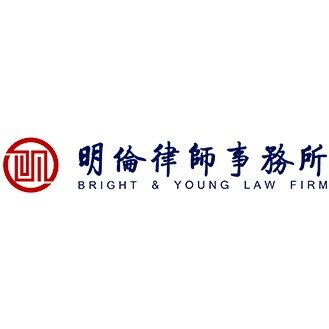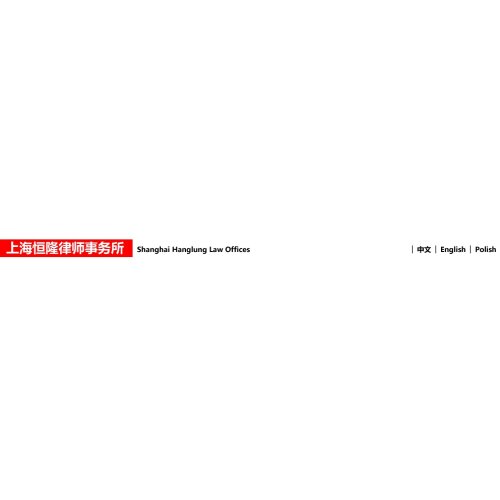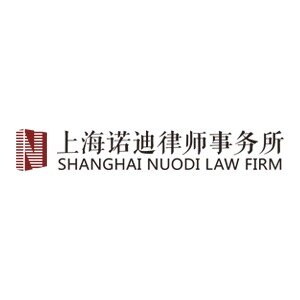Best Class Action Lawyers in Shanghai
Share your needs with us, get contacted by law firms.
Free. Takes 2 min.
List of the best lawyers in Shanghai, China
About Class Action Law in Shanghai, China:
Class action law, also known as collective litigation, is still considerably nascent in China. It became implemented nationwide on January 1, 2021, by the Supreme People's Court and mainly involves litigations in the consumer rights and securities sectors. In Shanghai, these class actions provide a possible solution for collective redress for mass claims. Shanghai courts have a specific procedure in place to handle these proceedings efficiently.
Why You May Need a Lawyer:
In class actions, a representative brings forth claims or defenses on behalf of numerous parties who share common interests. This makes the laws around it complex, particularly in areas like securities and consumer rights. A lawyer's role is critical in understanding this complexity, formulating a robust legal strategy, and ensuring accurate representation in court. Moreover, they can assist in avoiding potential legal pitfalls and ensuring a fair and rightful settlement.
Local Laws Overview:
The Civil Procedure Law in China, amended in 2012, introduced representative litigation. However, it wasn't until 2020 that the Supreme People's Court provision clarified a framework for consumer rights and interests disputes. Securities-related class actions have also been incorporated into this framework. In Shanghai, these laws apply in full, and potential plaintiffs must be aware of the procedure and limitations like representation criteria, binding effects, and opt-out opportunities. The Shanghai court uses an expedited procedure for small claims and online mediation methods in dealing with these disputes.
Frequently Asked Questions:
1. Who can initiate a class action suit in Shanghai?
Qualified civil organizations can initiate class action suits in Shanghai for public interest litigation. In the case of securities disputes, a qualified investor can represent the interests of all investors.
2. Can I opt out of a class action in Shanghai?
Yes, under certain circumstances, you have the right to opt out of a class action suit. It's advisable to seek professional legal advice on this to understand the implications.
3.What is the statute of limitations for filing a class action?
The statute of limitations can vary depending on the nature of the dispute, but usually, it is generally three years.
4. Do I need to hire my own lawyer if I am part of a class action?
Typically, the representative plaintiff's attorney will handle the proceedings. However, you are free to consult or hire your private attorney at any time.
5. How can I find out if I am part of a class action lawsuit?
You're typically notified via mail or an announcement if you're part of a class action lawsuit. Regulatory filings may also include information about ongoing class action lawsuits.
Additional Resources:
The Supreme People’s Court and local courts in Shanghai are vital resources for class action laws in Shanghai. Reputable law firms and China's Legal Aid Foundation can also offer valuable insights and advice. In addition, China Consumers Association and the China Securities Regulatory Commission can provide further guidance and assistance.
Next Steps:
If in need of legal assistance related to class action in Shanghai, consult with a reputable law firm experienced in class action litigation. You can also seek assistance from legal aid services offered by governmental bodies. Remember to understand your rights, options, and potential implications before involving in any legal proceedings.
Lawzana helps you find the best lawyers and law firms in Shanghai through a curated and pre-screened list of qualified legal professionals. Our platform offers rankings and detailed profiles of attorneys and law firms, allowing you to compare based on practice areas, including Class Action, experience, and client feedback.
Each profile includes a description of the firm's areas of practice, client reviews, team members and partners, year of establishment, spoken languages, office locations, contact information, social media presence, and any published articles or resources. Most firms on our platform speak English and are experienced in both local and international legal matters.
Get a quote from top-rated law firms in Shanghai, China — quickly, securely, and without unnecessary hassle.
Disclaimer:
The information provided on this page is for general informational purposes only and does not constitute legal advice. While we strive to ensure the accuracy and relevance of the content, legal information may change over time, and interpretations of the law can vary. You should always consult with a qualified legal professional for advice specific to your situation.
We disclaim all liability for actions taken or not taken based on the content of this page. If you believe any information is incorrect or outdated, please contact us, and we will review and update it where appropriate.

















